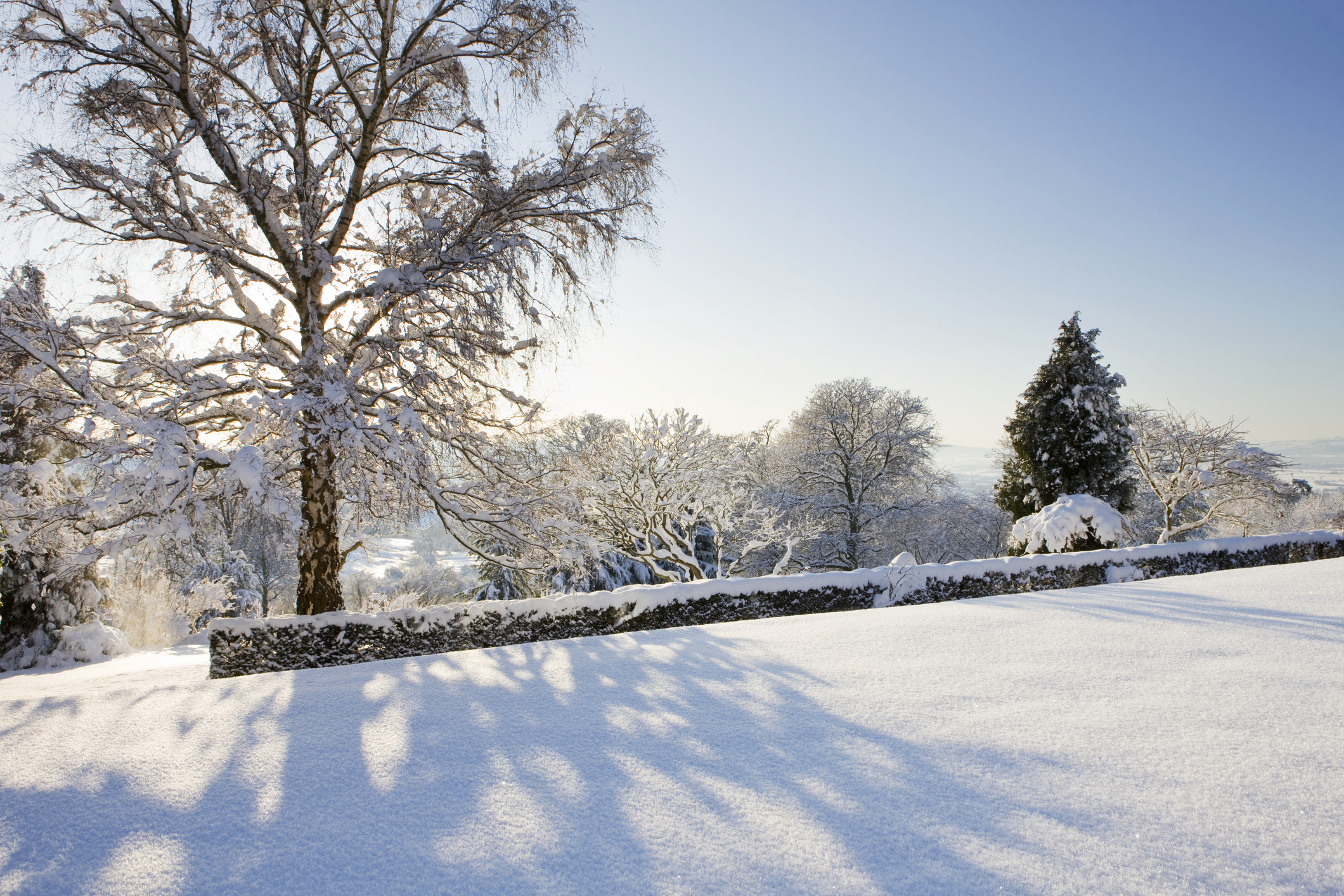U.S. winters are warming faster than summers, study finds


A free daily email with the biggest news stories of the day – and the best features from TheWeek.com
You are now subscribed
Your newsletter sign-up was successful
In the U.S., winters are warming faster than summers, Axios reports, per Climate Central .
The nonpartisan research and communications group analyzed 238 locations across the continental U.S. and found that 97 percent of them have seen an increase in average winter temperatures since 1970, and that, for 75 percent, winter is their fastest-warming season.
Winter temperatures across the country have risen approximately 3.2 degrees Fahrenheit since 1970, compared to a 2.3-degree rise in summer temperatures. This past winter was the 17th warmest on record. "Whenever we get these events, we should always be thinking there's the possibility or likelihood that human-induced climate change is increasing the likelihood of strange weather," Richard Seager, a climate researcher at the Lamont-Doherty Earth Observatory of Columbia University, told CNN.
The Week
Escape your echo chamber. Get the facts behind the news, plus analysis from multiple perspectives.

Sign up for The Week's Free Newsletters
From our morning news briefing to a weekly Good News Newsletter, get the best of The Week delivered directly to your inbox.
From our morning news briefing to a weekly Good News Newsletter, get the best of The Week delivered directly to your inbox.
And warming winters are not just impacting the U.S. — Antarctic ice levels have hit a new record low and are likely to continue "on a very steep downward trend," according to Ted Scambos, a glaciologist at the University of Colorado Boulder. Higher-than-average temperatures are also affecting tourism, especially "snowmobiling, cross-country skiing, and downhill skiing," Robert Wilson, a professor at Syracuse University, explained.
This winter season has been wrought with unusual weather patterns largely due to a phenomenon known as La Niña, which pushes more warm water toward Asia and tends to cause warmer winters. This is the third consecutive La Niña year.
"In coming decades," Wilson remarked, "winter — as most people understand it — will get shorter and warmer, with less snow and more rain."
A free daily email with the biggest news stories of the day – and the best features from TheWeek.com
Devika Rao has worked as a staff writer at The Week since 2022, covering science, the environment, climate and business. She previously worked as a policy associate for a nonprofit organization advocating for environmental action from a business perspective.
-
 6 of the world’s most accessible destinations
6 of the world’s most accessible destinationsThe Week Recommends Experience all of Berlin, Singapore and Sydney
-
 How the FCC’s ‘equal time’ rule works
How the FCC’s ‘equal time’ rule worksIn the Spotlight The law is at the heart of the Colbert-CBS conflict
-
 What is the endgame in the DHS shutdown?
What is the endgame in the DHS shutdown?Today’s Big Question Democrats want to rein in ICE’s immigration crackdown
-
 How climate change is affecting Christmas
How climate change is affecting ChristmasThe Explainer There may be a slim chance of future white Christmases
-
 Blue Origin launches Mars probes in NASA debut
Blue Origin launches Mars probes in NASA debutSpeed Read The New Glenn rocket is carrying small twin spacecraft toward Mars as part of NASA’s Escapade mission
-
 Why scientists are attempting nuclear fusion
Why scientists are attempting nuclear fusionThe Explainer Harnessing the reaction that powers the stars could offer a potentially unlimited source of carbon-free energy, and the race is hotting up
-
 Dinosaurs were thriving before asteroid, study finds
Dinosaurs were thriving before asteroid, study findsSpeed Read The dinosaurs would not have gone extinct if not for the asteroid
-
 Canyons under the Antarctic have deep impacts
Canyons under the Antarctic have deep impactsUnder the radar Submarine canyons could be affecting the climate more than previously thought
-
 SpaceX breaks Starship losing streak in 10th test
SpaceX breaks Starship losing streak in 10th testspeed read The Starship rocket's test flight was largely successful, deploying eight dummy satellites during its hour in space
-
 NASA is moving away from tracking climate change
NASA is moving away from tracking climate changeThe Explainer Climate missions could be going dark
-
 Rabbits with 'horns' sighted across Colorado
Rabbits with 'horns' sighted across Coloradospeed read These creatures are infected with the 'mostly harmless' Shope papilloma virus
